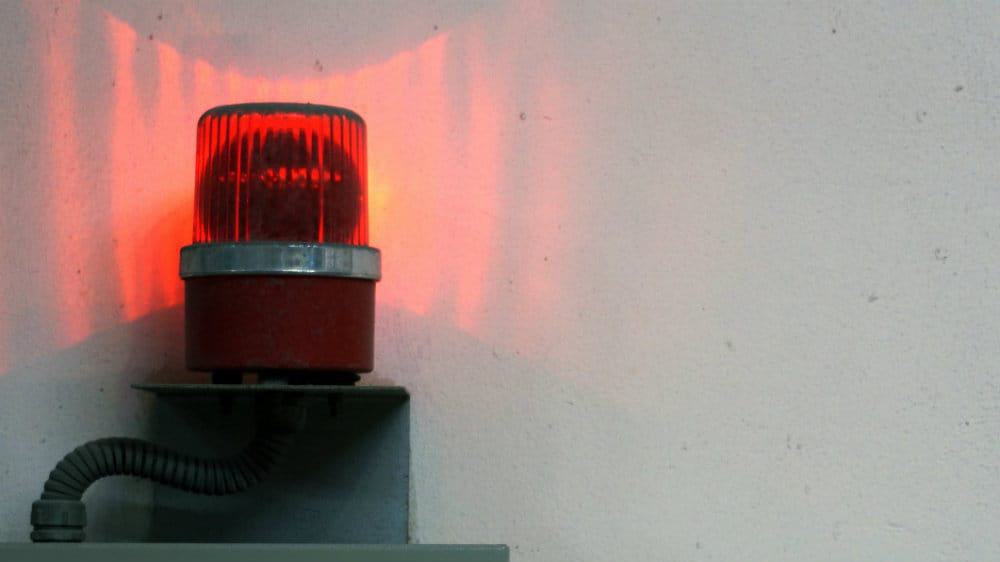When market analysts mention the term inverted yield curve, it means there is an impending recession. And when the U.S. bond market flashes the signal, it affects the rest of the global markets. The trade tension between the U.S. and China is also prompting a sell-off in the broader stock market.
A simple explanation of an inverted yield curve is this: it occurs when interest rates on bonds with longer maturities are lower than the interest rate on shorter-dated bonds. Jittery investors shift their investments to longer-term bonds, which they perceive as safe havens.
As money comes in, the prices on these bonds rise while yields drop. It follows the law of supply and demand. Last week, and for the first time since late 2005, the inverted yield curve signaled a looming recession.
But is the inverted yield curve accurate in predicting a recession is on the way? It might be a false alarm and that the longest-running bull market is not yet ending.
The Great Recession
The Great Recession occurred in December 2007 and lasted until June 2009. The alarm bells rang from mid-2006 to early 2008, about one-and-a-half years before the recession began. The start came in late December when the yield curve between the 10-year and two-year U.S. Treasury notes inverted.
This month, the inverted yield curve happened twice. As in the past, an inverted yield curve precedes a recession. And the adverse effects of a recession could last for two years after it officially ends, just like in the 2008 recession.
Resilient bank stock
Let’s analyze the performance of Toronto Dominion Bank (TSX:TD)(NYSE:TD) to find out if the recent recession had an impact on the bank stock.
On June 1, 2006, when the alarm bell first rang, TD was trading at $30.17. By the end of the year, the stock was higher by 15.5%. But towards the end of 2008, TD fell by 37.6% to $21.73. The lowest price recorded by TD was $17.33 on March 9, 2009. Since then, the price gradually rose. TD is trading at $71.58 today.
The global financial markets are deeply connected and dependent on the U.S. for trade and investments. So, if recession hits U.S. banks, it follows that TD and the major Canadian banks would be in grave danger.
However, all of the big banks survived the crisis, and none called for a bailout. Because of that, Canada became known as the country with the soundest banking system in the world.
Recession ready
TD’s performance during the financial crisis illustrates that not all stocks will fall during a recession. The bank is best positioned to survive the next downturn if it comes.
During those trying times, TD lessened its investment banking and trading activities to avoid exposure to risky operations. The focus shifted to consumer or retail banking.
Today, TD has exceptional credit quality and a stronger balance sheet. I see the stock having a tremendous upside potential and will hold up during tough economic times. If it’s not the safest bank in North America, then I don’t know what is.










